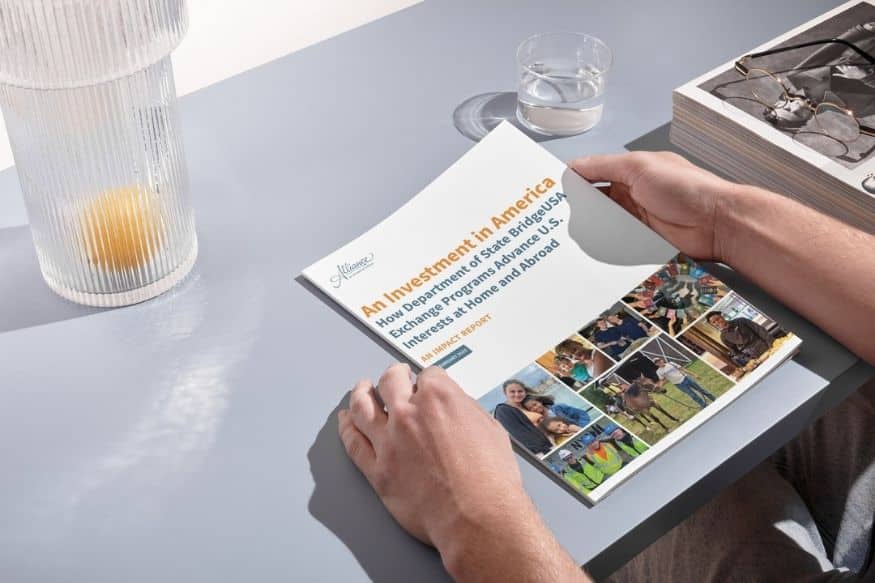Three children, none of them over 14, come into the office. They just arrived in Bangkok. I can tell that they are scared. No parents. No guidance. They tell me that they have painful burns on their body. They tell me that their family was targeted in their home country because their family converted to Christianity in a country dominated by Islam. They all cry before me as the eldest recounts the story about when a group men set their house on fire while they were trapped inside. They need my help, the eldest says. I had to stop the interview to make some copies of papers they came with, I told them. But really, I was holding back my tears and I was scared that they were about to show.
A man, 25, walks into my office asking for my help. The Taliban attempted to recruit him to commit a crime of terrorism in his home country. He refused, and consequentially he was targeted for refusing to carry out the crime, and he narrowly escaped with his life.
A family comes into my office asking for help. They wanted to open a school in their home country to educate people on the minority language and culture. The government authorities cracked down on a demonstration. They beat the family and imprisoned them because they spoke up about their right to free speech.
People from all around the world escape persecution based on their race, religion, nationality, membership in a particular social group or political opinion. These people are called refugees, and have a fear of returning to their home country. As a Volunteer Legal Advocate at Asylum Access Thailand, I represent my clients before the Bangkok office of the United Nations High Commissioner for Refugees (UNHCR). UNHCR is the organization that determines the status of refugees and helps the refugees resettle to a safe third country (Thailand is not a signatory to the 1951 Convention on the Status of Refugees nor its 1967 Protocol, and thus does not recognize the rights of refugees).
I understand that my work here is focused on the legal aspect of things (interviewing clients, conducting legal research and writing) – the goal is to get my clients recognized as refugees before the UNHCR. But I also see myself as a beacon of hope, to help my clients see that they do have a future ahead of them. I am very proud and honored to have been chosen by both InterExchange and my host organization, Asylum Access Thailand. My role as a lawyer for dozens of clients has already enriched me with new cultural understandings that I am sure I will be able to carry through my future – and I can’t wait to continue learning from each of my clients.




